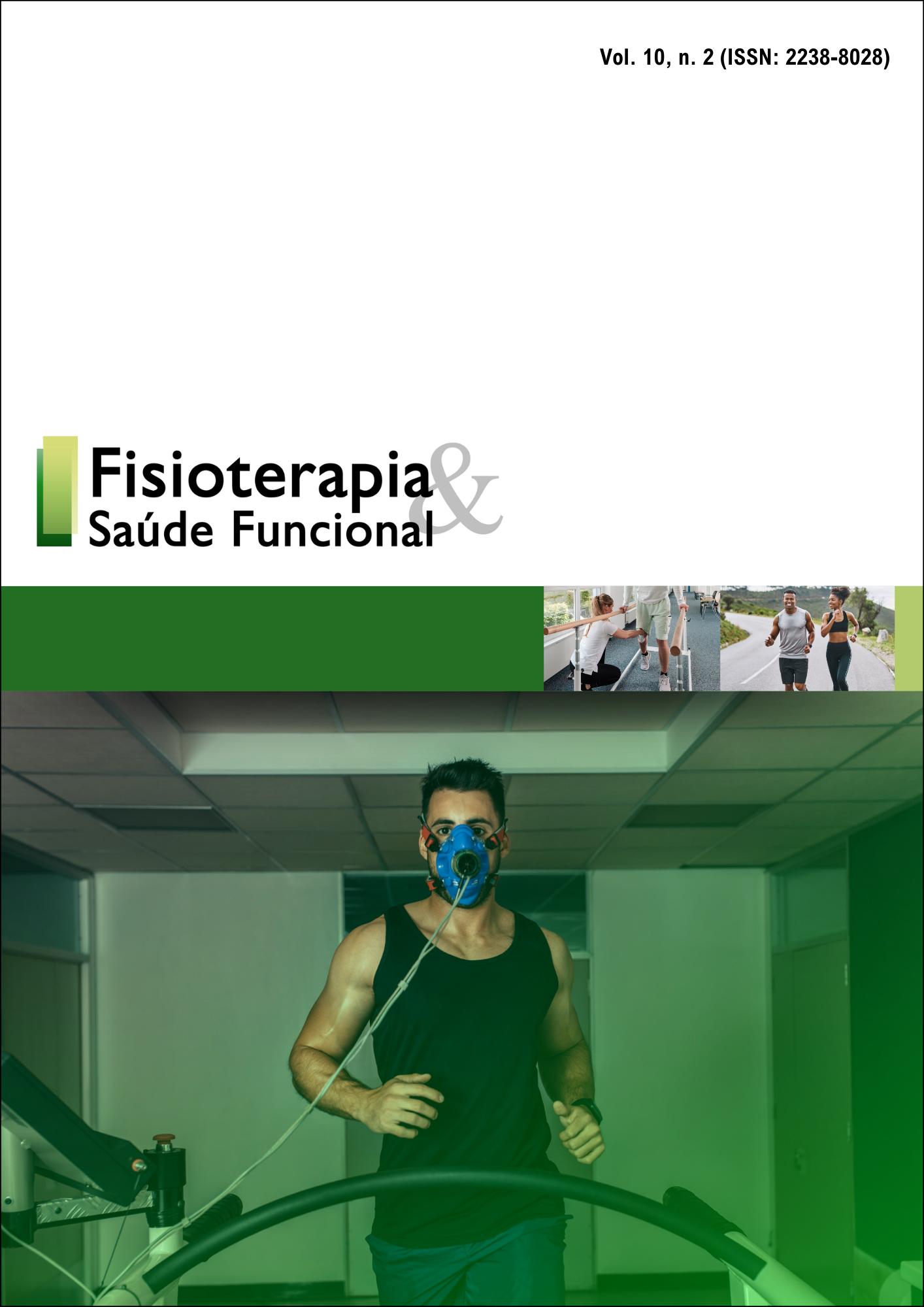NON-ABLATIVE RADIOFREQUENCY IN THE TREATMENT OF PELVIC FLOOR DYSFUNCTIONS: A SYSTEMATIC REVIEW
Non-Ablative Radiofrequency in Pelvic Floor Dysfunctions
Resumen
Introduction: Radiofrequency has been used in clinical practice as a promising resource for pelvic floor disfunctions despite the lack of information about the effectiveness. Objective: To analyse the therapeutic responses and safety of non-ablative monopolar RF in pelvic floor disorders. Methods: Searches were carried out in the PubMed, Capes, BVS, Scielo, PEDro, Cochrane and PLoS ONE databases. Randomized clinical trials (RCTs) were included with no language or year of publication limitations. The selection was conducted by two independent evaluators and the discordant cases were decided by a third evaluator. Of 438 studies found, 24 met the eligibility criteria and had their full text checked for inclusion. Seven RCTs were included. Data were extracted independently by the two reviewers using standardized forms, bias was assessed using the Physiotherapy Evidence Database (PEDro) scale, and methodological quality was assessed using the Grading of Recommendations Assessment, Development, and Evaluation criteria (GRID). The sample included 654 participants aged between 26 and 66 years old, diagnosed with sexual dysfunction, vaginal laxity, mixed and stress urinary incontinence and vulvovaginal atrophy. The studies indicate a positive influence of the application of RF in the treatment of the mentioned disorders. Only two studies were reported with side effects. Conclusions: RF proved to be effective in the treatment of pelvic floor disorders, especially regarding sexual dysfunction and vulvovaginal atrophy. Adverse effects found are mild to moderate in severity, suggesting that RF therapy does not pose a major health risk. Studies with higher quality and methodological rigor need to be conducted.



